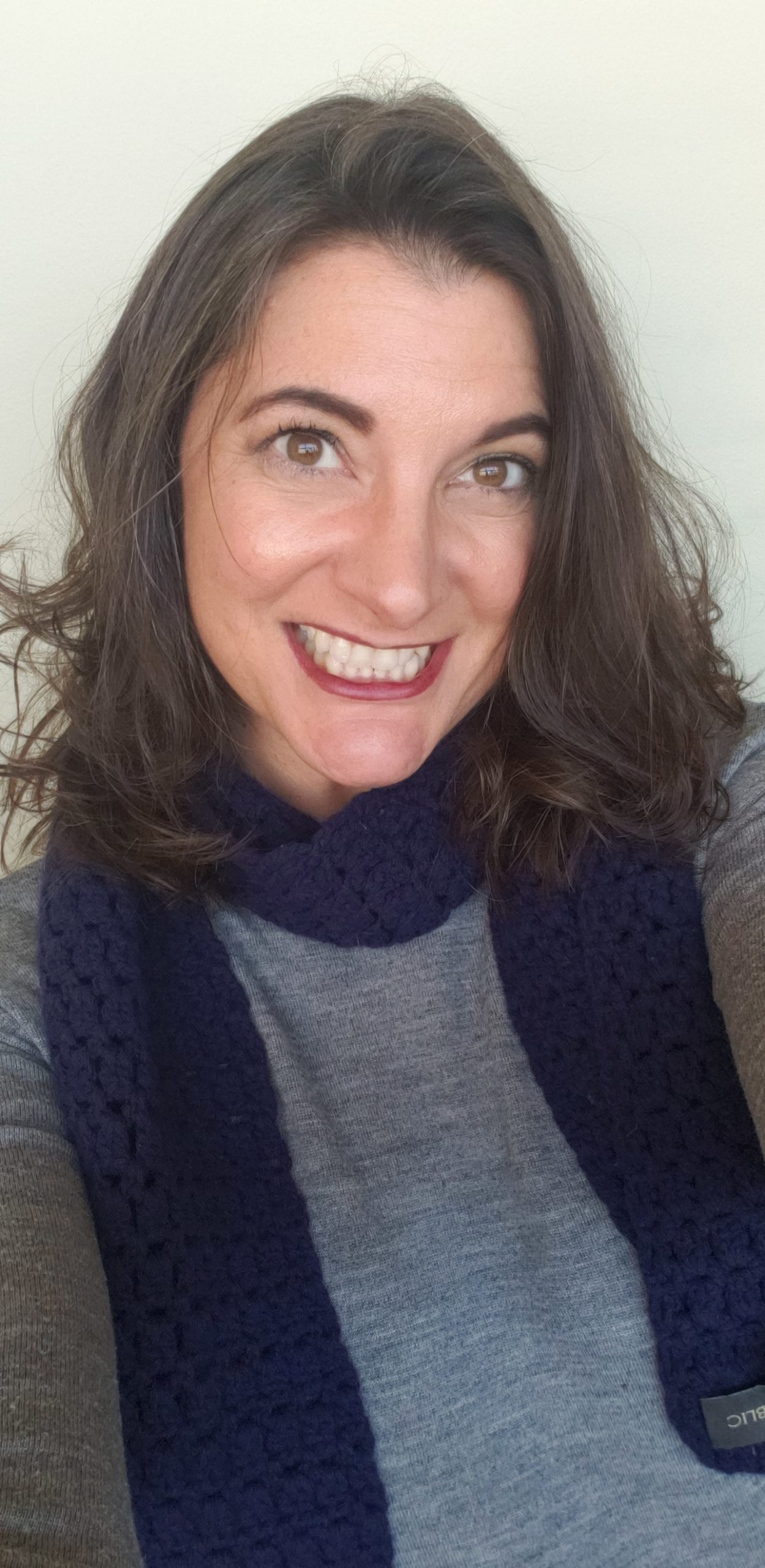
Jennifer Obeid-Campbell
Jennifer (Nif) Obeid-Campbell, MS, LMHC is a Certified Group Theraplay® Trainer, Group Supervisor-in-Training, Certified Theraplay Practitioner, and Certified EMDR therapist. Nif received her Bachelors of Science in Marine Science and Biology and a minor in Chemistry from University of Miami in 1994. She returned to UM and earned a BS in Psychology in 1996. Upon graduating, she worked for four years with children with ASD in a home-based Discrete Trial Instruction (DTI) program. During that time, she worked in an ASD program and an intensive home-based family services program for teens at risk of being removed from their home. She relocated to Washington State in 2000 and earned an MS in Counseling Psychology from Central Washington University in 2002. After graduation, she began work in the Bonding and Attach program at a community mental health agency and received advanced training in Dyadic Developmental Psychotherapy (DDP), EMDR, CBT, and DBT. Nif was the agency coordinator for the DBT program. Recently, she has also added Emotionally-focused Therapy (EFT) to her arsenal and has begun delving into marriage counseling. Nif also served as the mental health consultant for her county’s Head Start program for 15 years and became an adjunct professor in the Psychology Department for Central Washington University. Nif opened a private practice in 2009 and currently works with a wide range of client issues, but maintains her passion for helping those with developmental trauma. She views lifespan development through an attachment lens and emphasizes neurobiological processes to help her clients create positive change in their lives. Discovering her passion for teaching has led Nif to create her own attachment-based, neuroscience-focused parenting model that has been used to train parents and foster caregivers, teachers, legal professionals, and childcare providers for the past 15 years. She is currently working with a local school district to bring attachment concepts into the school setting so children can consistently encounter adults who are emotionally available to support their academic, social and emotional needs.
Back to Our Trainers
